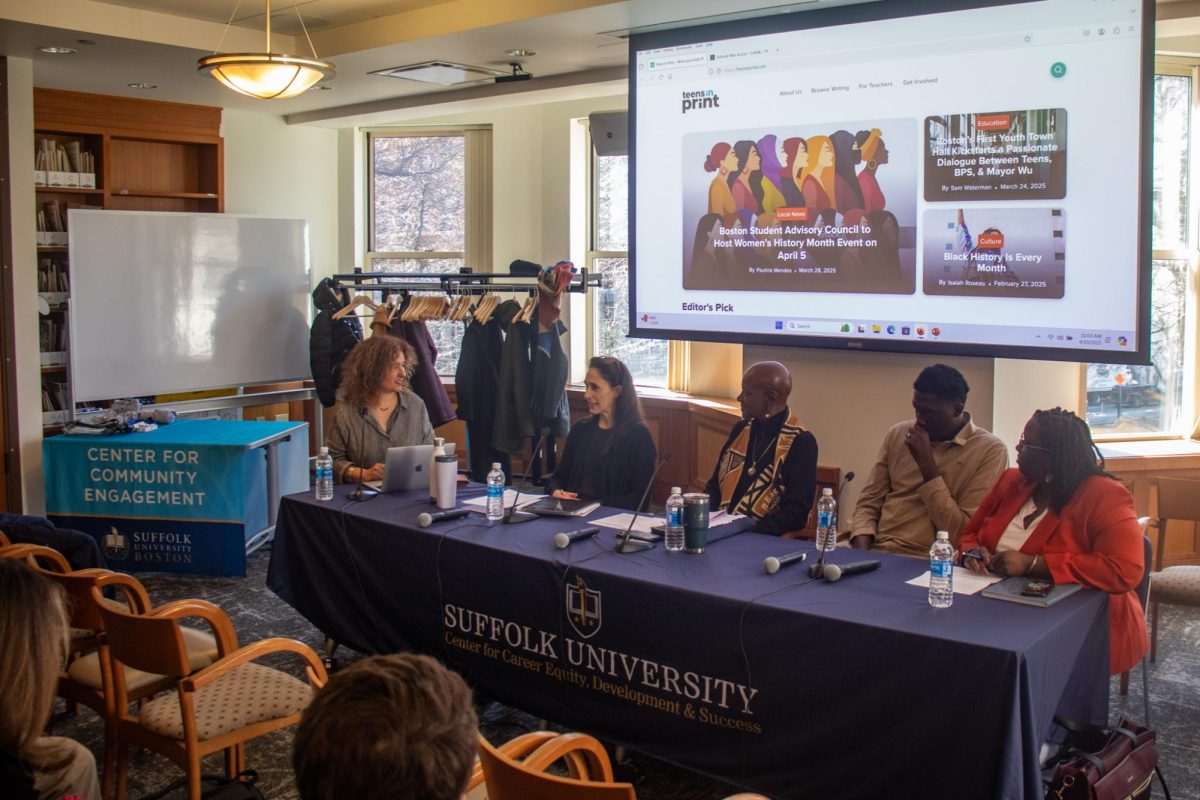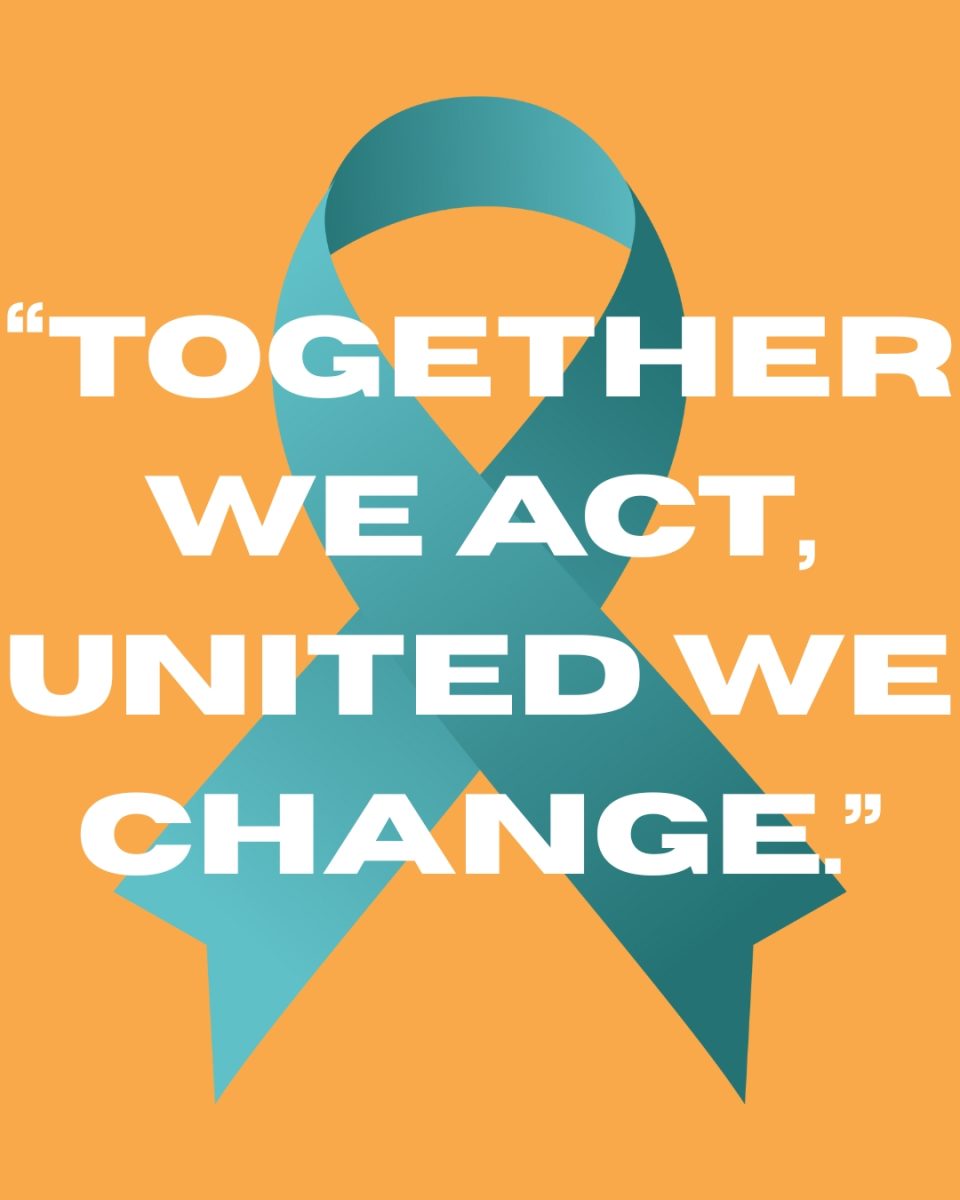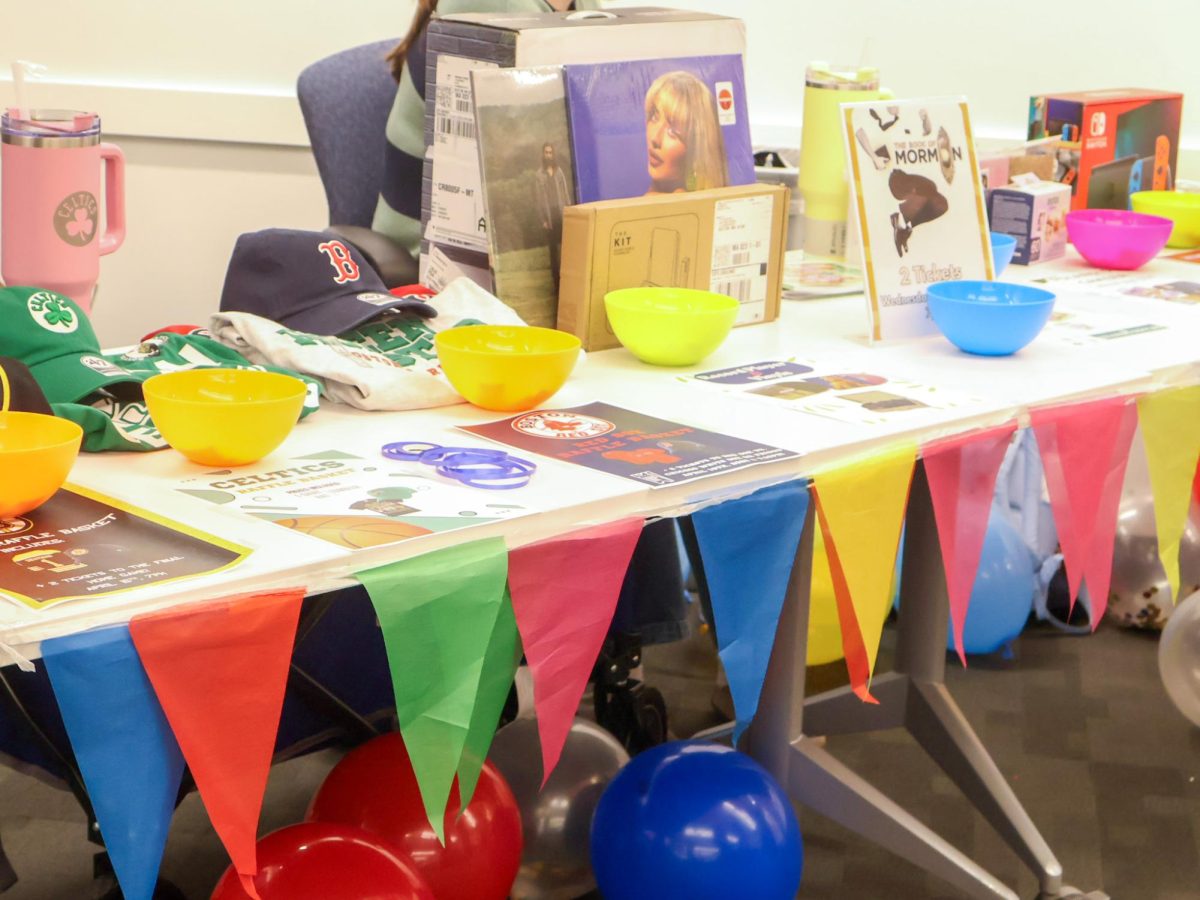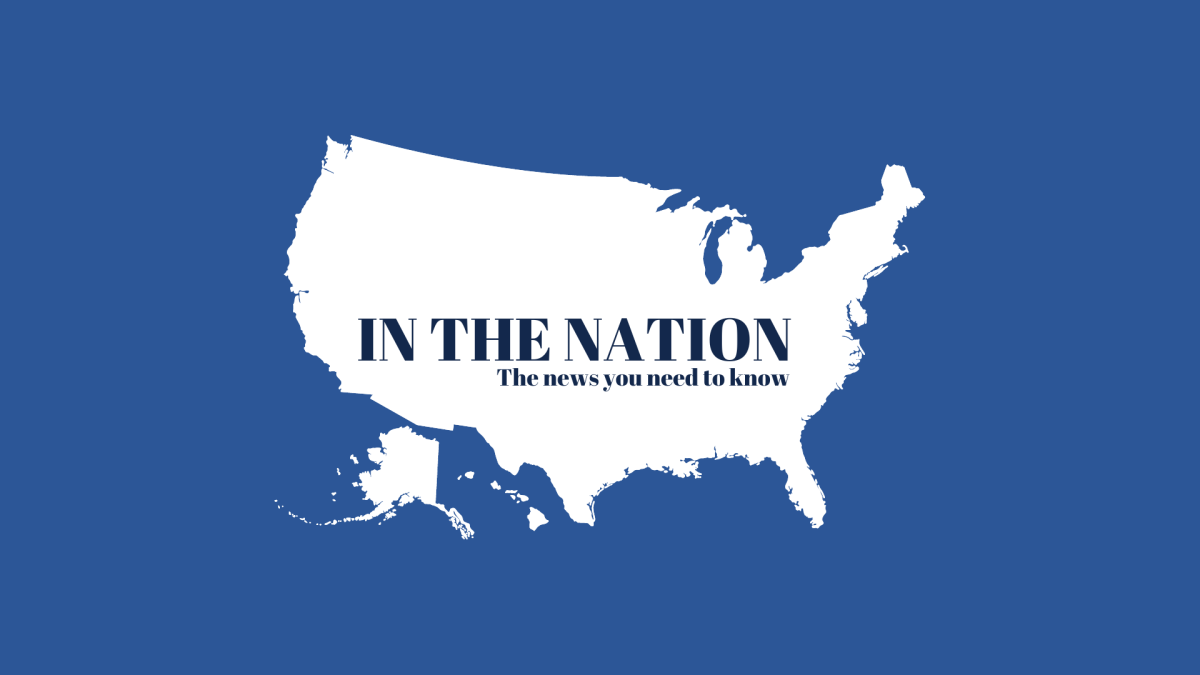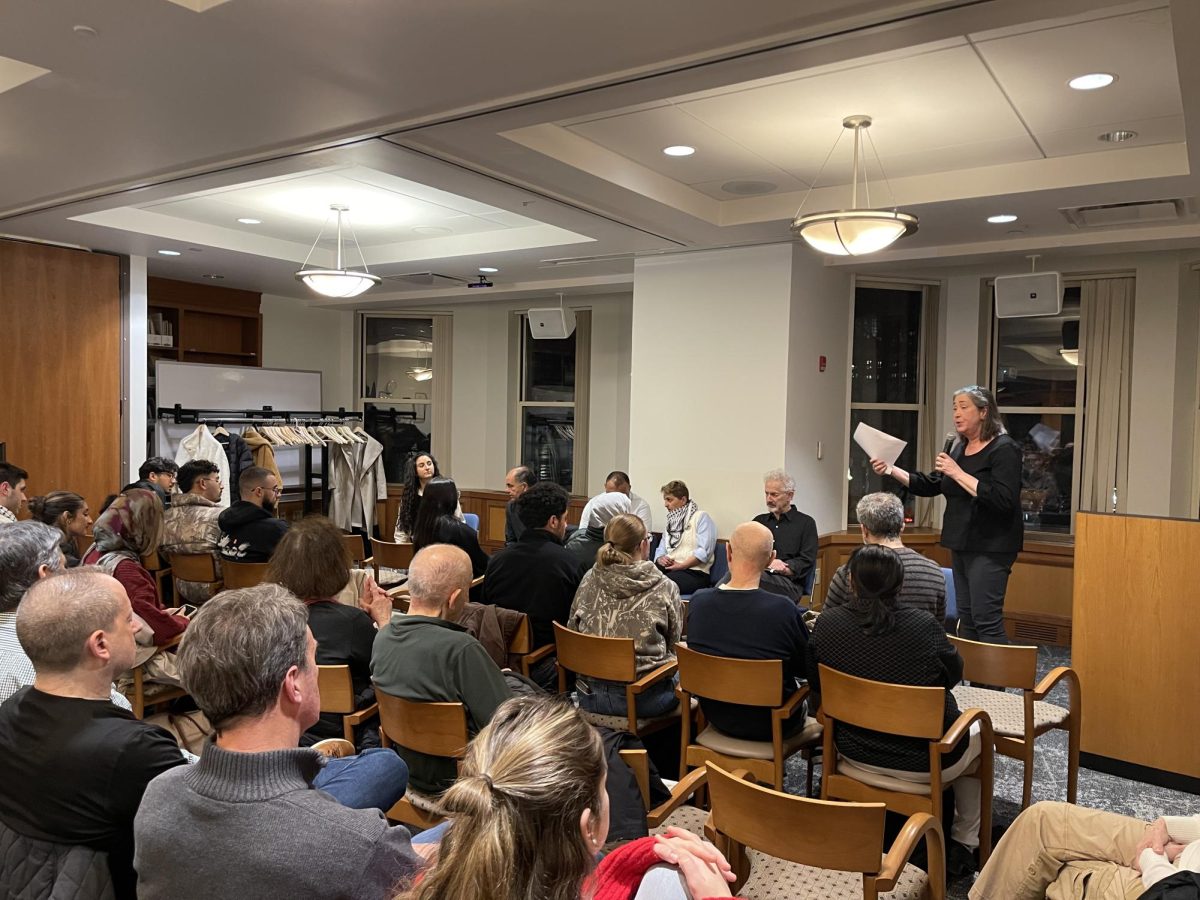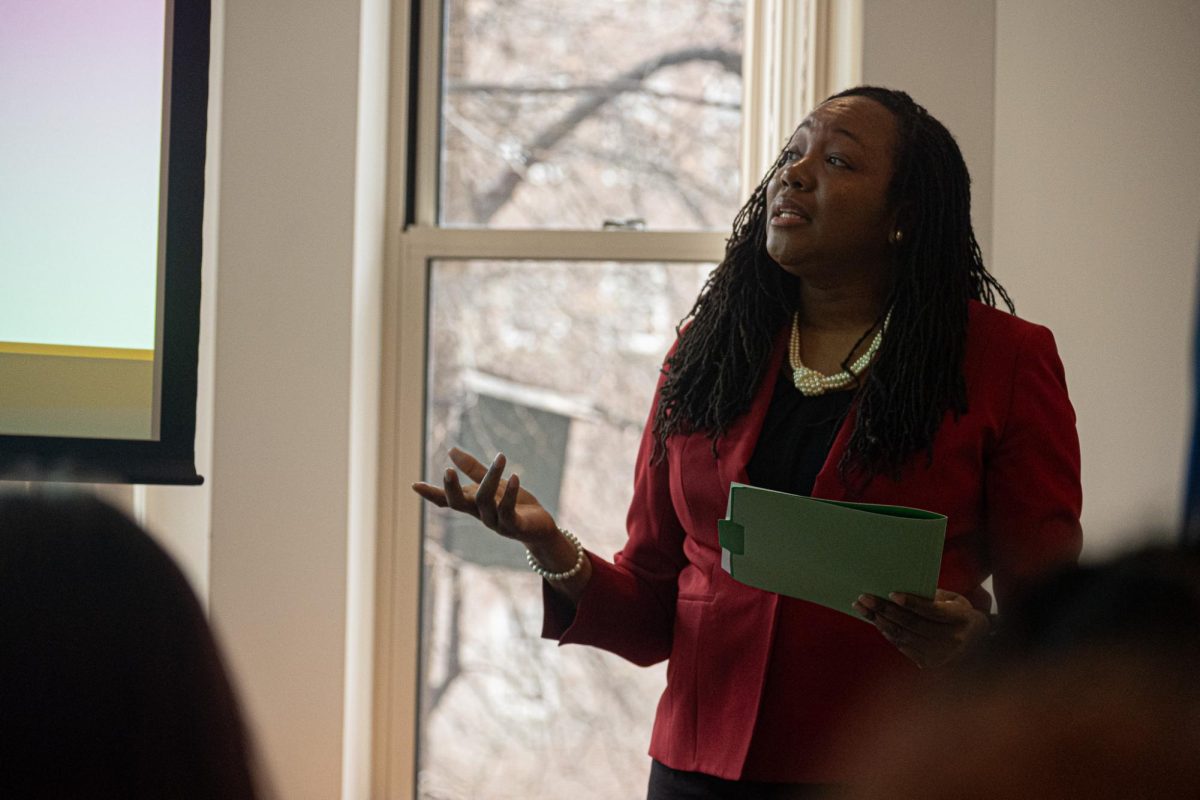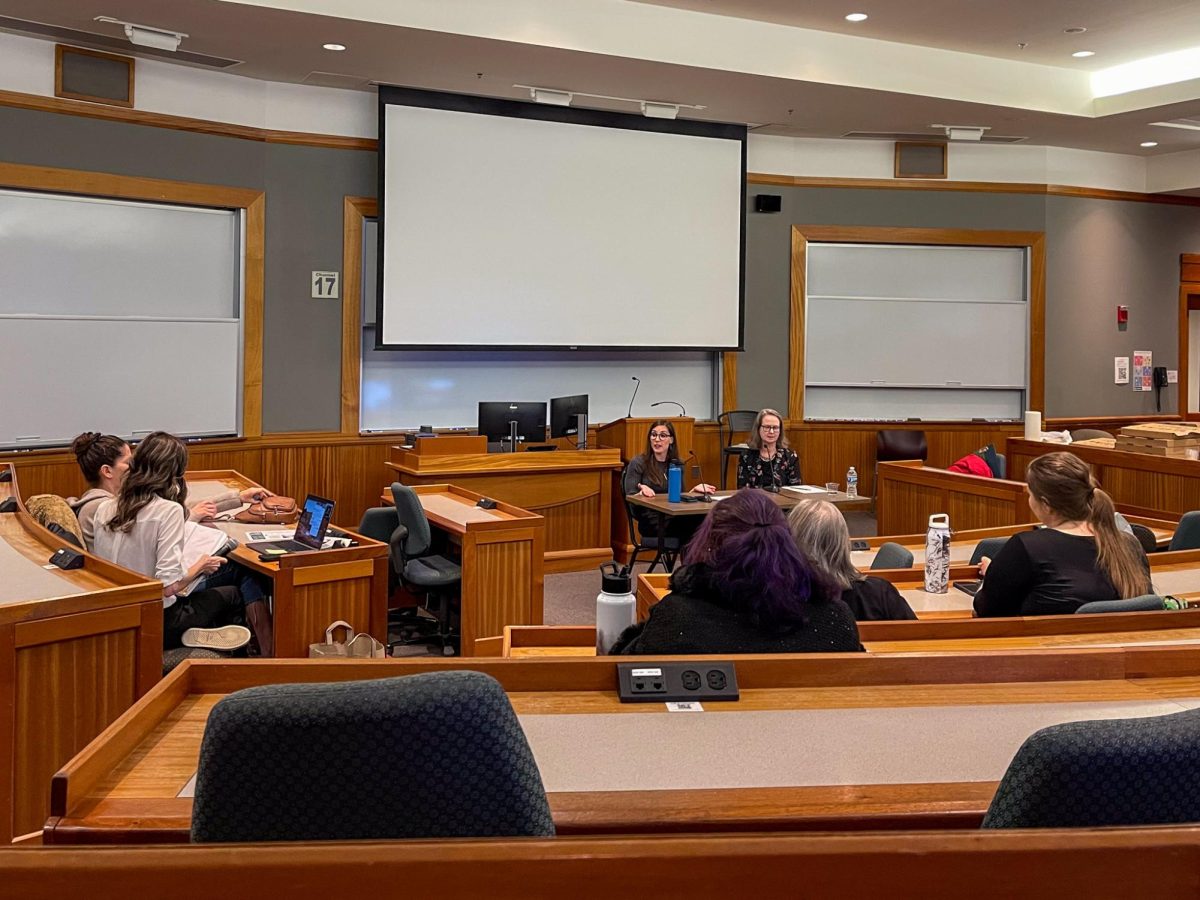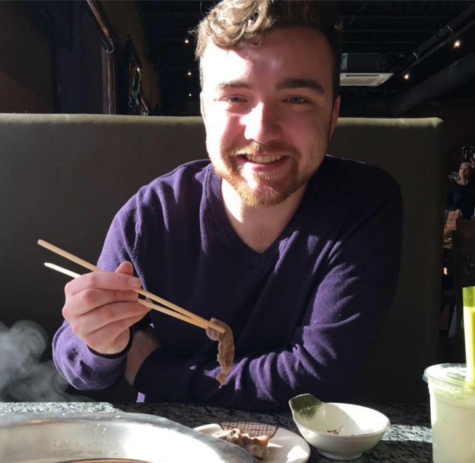The Communications and Journalism Department (CJN) recently invited a guest speaker to educate students about the inner workings of science writing in journalism and the journey and passion behind doing what you love. Evan Lubofsky, a freelance science writer residing on Cape Cod, MA, spoke about his love for oceanography and marine science on Thursday.
“I began freelance science writing for Woods Hole Oceanographic Institute and I instantly fell in love with marine science,” said Lubofsky.
With a bachelor’s degree from University of Massachusetts Amherst, Lubofsky had no prior scientific knowledge but wrote for the corporate sector for 15 years about technology in science.
Referring to the certain topics of science writing, he said that a journalist has to nail the concept, they can’t fake it. The subject matter is often complex and specialized knowledge is often required, he said. Lubofsky was awarded the Ocean Science and Journalism Fellowship in 2015 where he learned more about oceanography and marine science, which to him are the two most interesting divisions in science.
He currently writes for “Hakai Magazine,” “Oceanus” and “Frontiers in Ecology” and one of his main points was to bring out the “wow factor” when writing for science. He noted that the subject matter can be interesting as long as the reader can understand the references and topics. Lubofsky said the most important aspect when writing for science is the ability to create a broader awareness around the issues, and the ability to communicate scientific topics in an engaging and understandable way.
“[It’s important] to be able to simplify the complex, but not dumb it down and [to] find that balance,” said Lubofsky on how to tackle science journalism.
He said this was a challenge that he has had to face in the past.
Lubofsky was unable to differentiate between the standards for science journalism and other areas of the field, a question CJN professor Bruce Butterfield inquired of the freelancer.
He said that most people think about science in a “doom and gloom” way with limited viewpoints and knowledge. Similarly to how journalists tackle any type of news and feature writing, one thing he continually does with his work is to constantly fact check and have others read his pieces before he submits them.
Lubofsky spoke about two of his favorite pieces that he had worked on, which included his coverage of a scientist, Jason Goldstein, who went to study “weird” slipper lobsters in the Mediterranean Sea. Lubofsky wishes he was able to accompany the scientists on their adventures which he explained is arguably his favorite part of writing the story.
He holds pride in his report on Bikini Atoll and the radioactivity that occurred in the Marshall Islands due to the testing of nuclear warfare by the United States. Scientists studied the radioactivity in the surrounding water as well as in the soil. Before the nuclear testing, the inhabitants were evacuated and according to Lubofsky, no one has migrated back because of the lack of safety.
Complimentary to most journalists dealing with professionals, he also mentioned receiving the trust and respect from scientists, which he said can be difficult since they are so involved in their work and are constantly on the move.
“For me, it’s about the journey, the adventure and no one is writing about these things,” he said.







